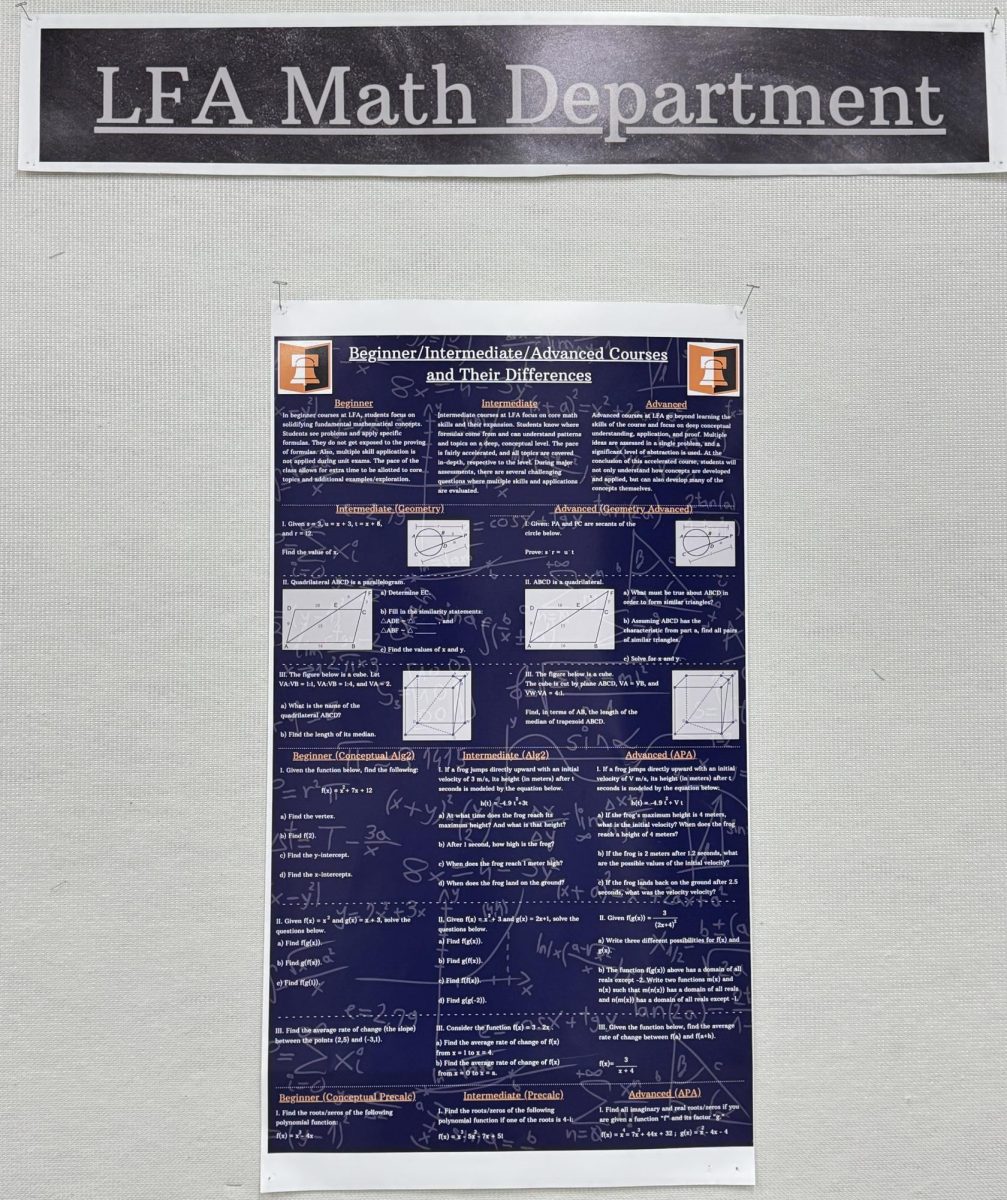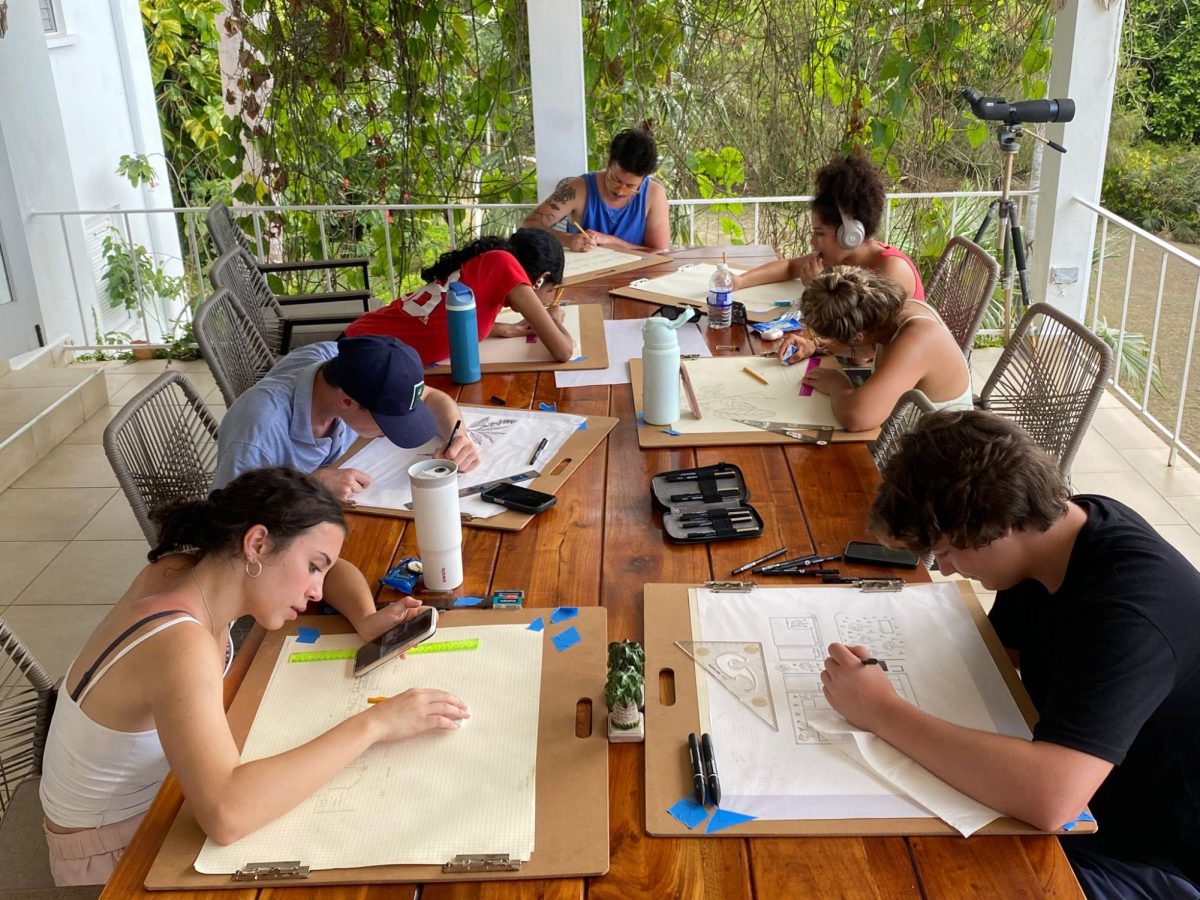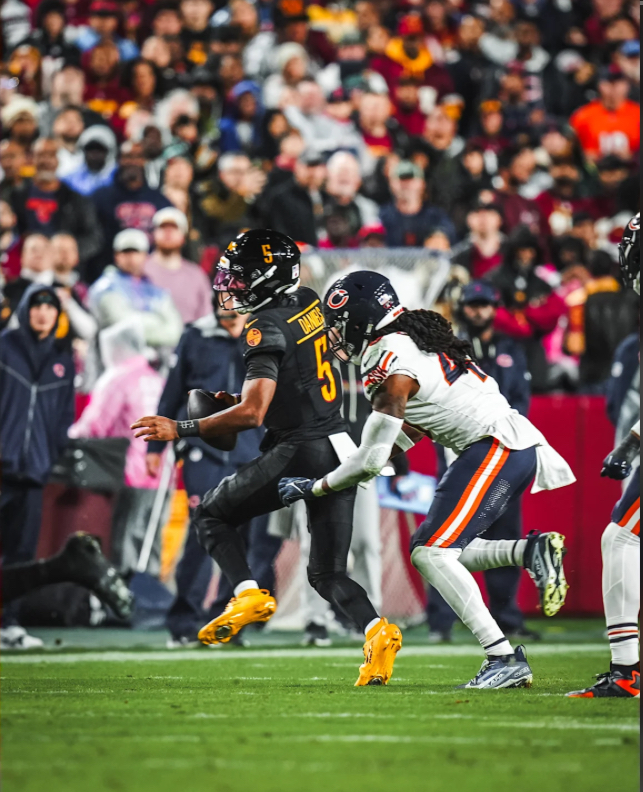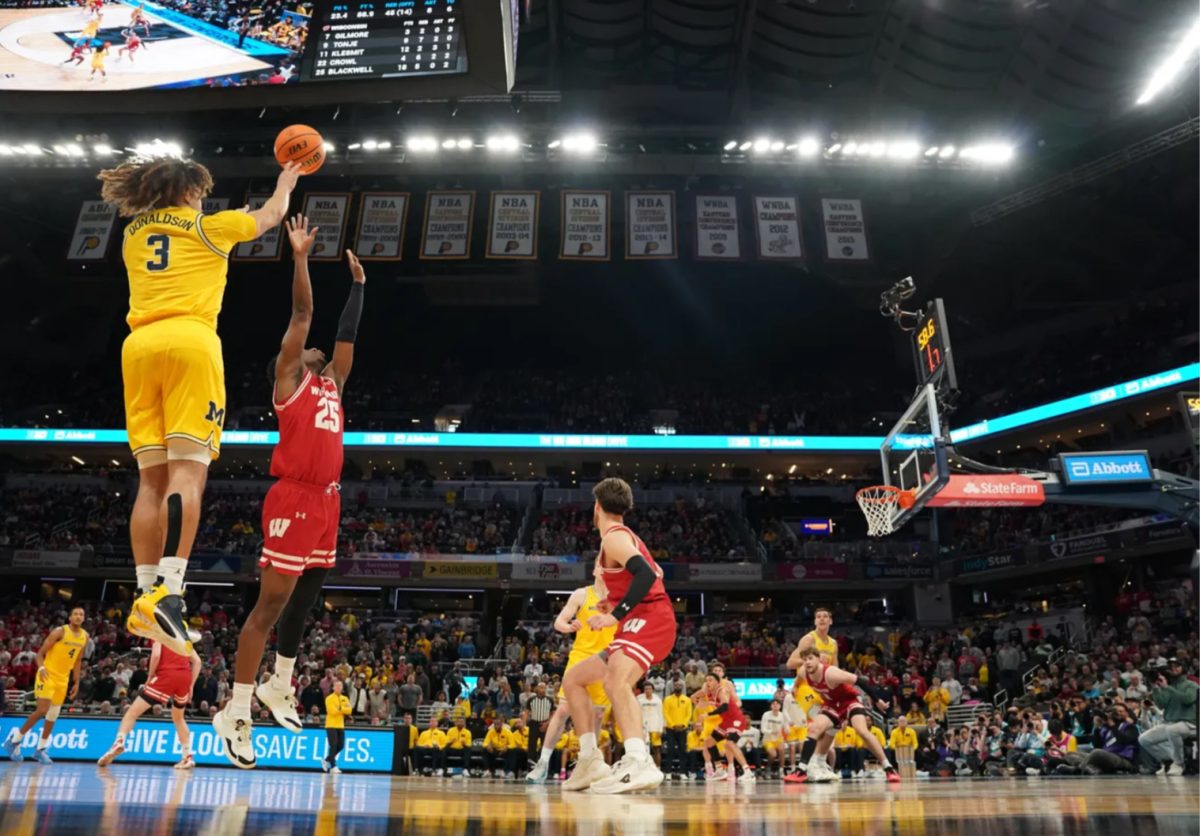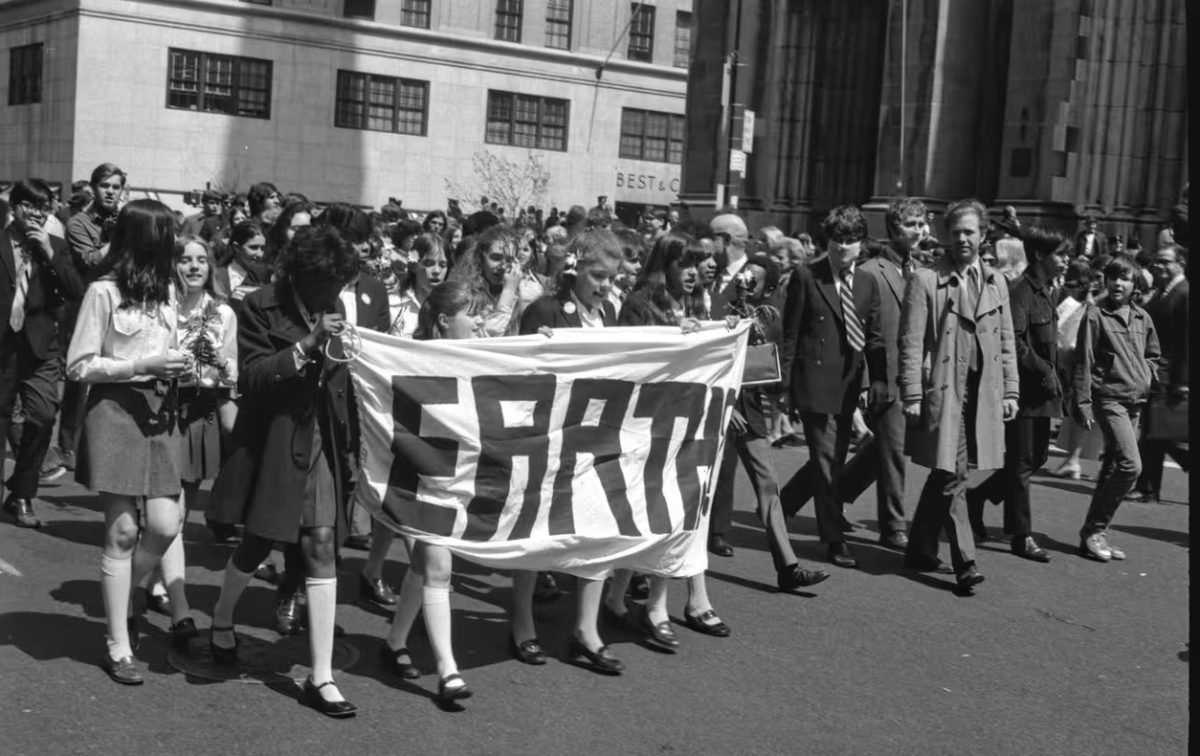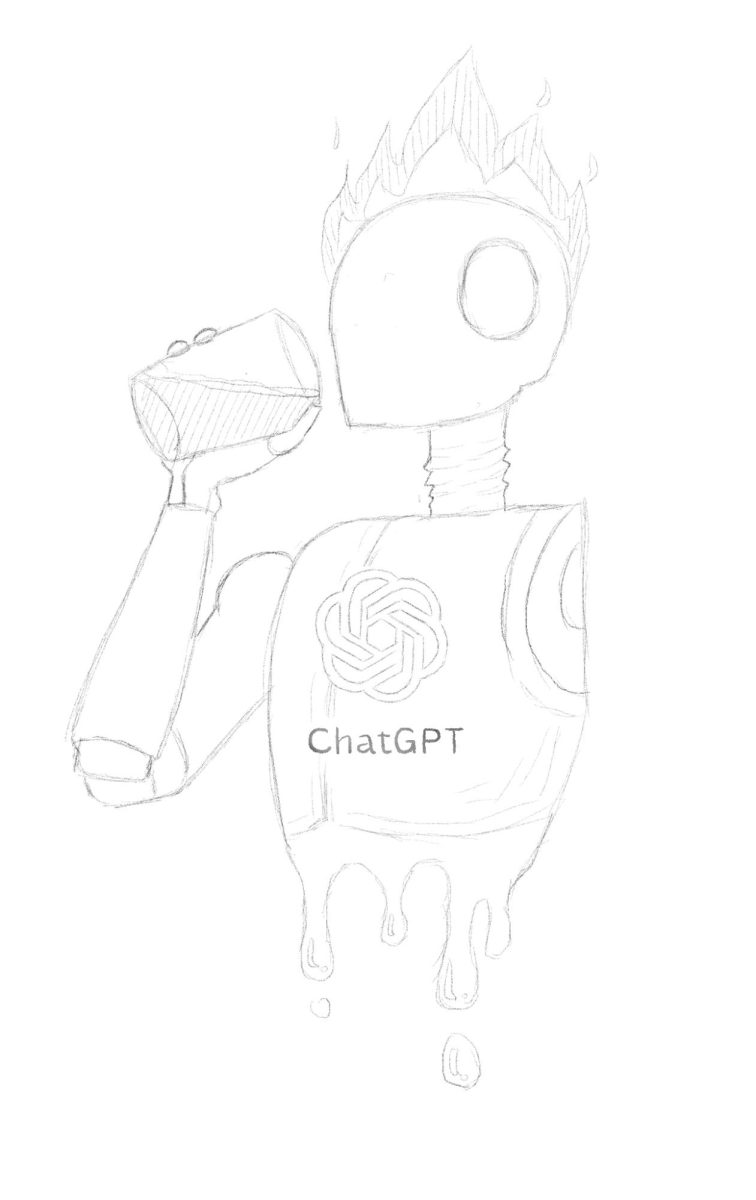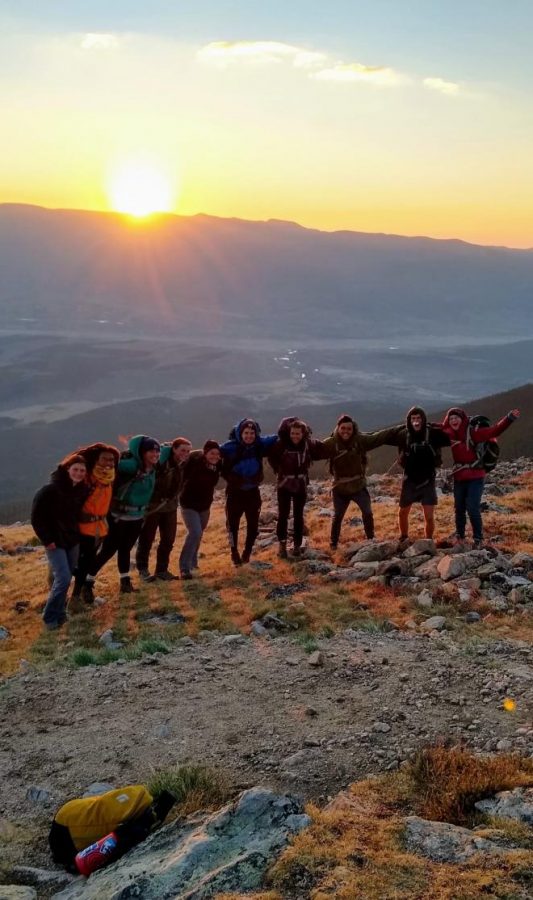Academics at HMI can be summed up into one word–reading. Whether it be poetry or communist writings, students have to be prepared to do it all. In English, we are currently reading a book called Ceremony, by Leslie Marmon Silko, which is based around the oral traditions and ceremonial practices of the Navajo and Pueblo people. In history, we are learning about the formation of the United States, involving much Hamilton and minimal banking education (see Paulo Freire’s Pedagogy of the Oppressed). In science, we are preparing to give “Ted Talk” structured presentations on a topic of our interest, and how it is affected by climate change.
When we’re on campus, we run every other morning, anywhere ranging from two to six miles, all in preparation for a ten mile run at the end of the semester. Students can choose if they would like to run on the road or trails, both insanely stunning.
Science at HMI is probably one of the most unbelievable parts of the experience. The majority of the class is field work, and each period is three hours. We’ve tested water in Leadville, a town highly affected by mining, studied climate change in local forests, and spent hours at old mines. The tools we use are delicate and complicated, and we’re graded on our handwriting. Yet, though it’s hard, and tiring (and a little boring), I push through because I know I’d regret it if I didn’t.
Campus life consists of nights of bonding in the cabins, lit up by eight other smiles, insane amounts of guitar, about which I am very pleased, and so much more. At dinner, we sing and dance and laugh, and it’s unlike anything I’ve experienced before, where one person plays music and somehow everyone is already dancing. It’s magic.
Right now, I’m sitting in study hall, playing my guitar. Soon, we’re leaving for our third and final expedition in the canyons, with sunrises unlike anything I’ve seen before, and a beating sun in a desert world. My friend said it’s a place where you “learn to be proud of your red rock cuts because when you bleed, you bleed desert red.”



